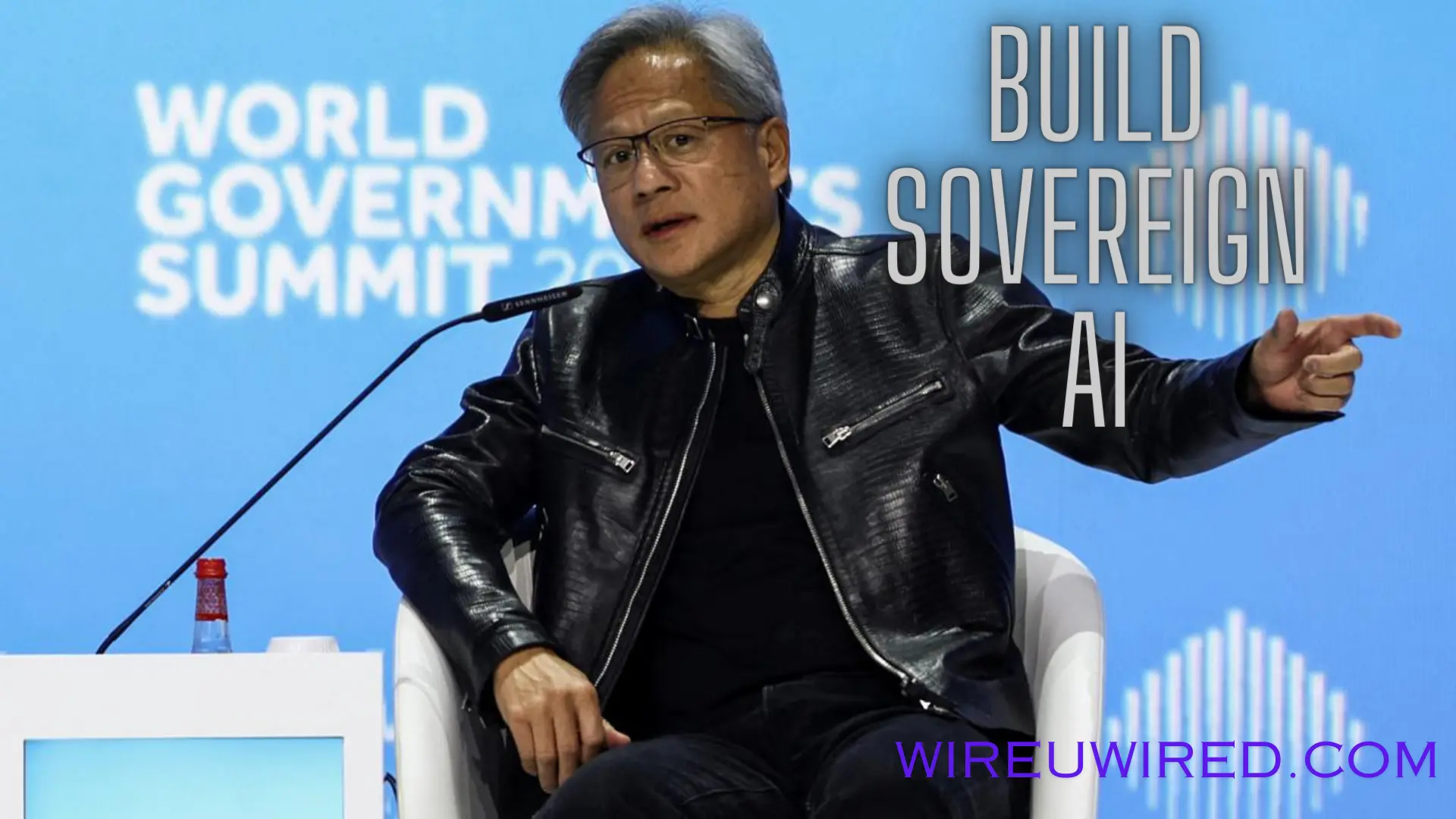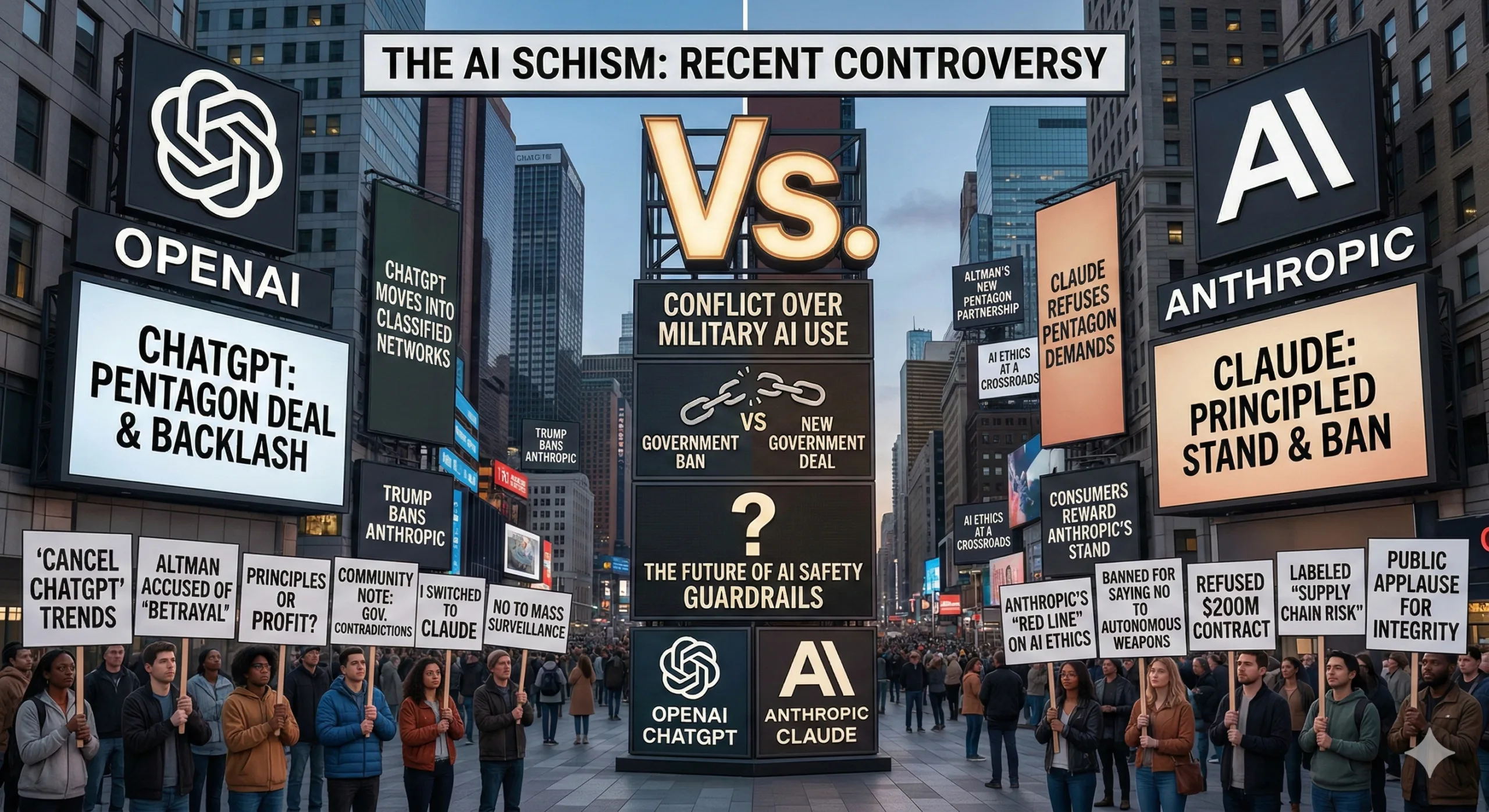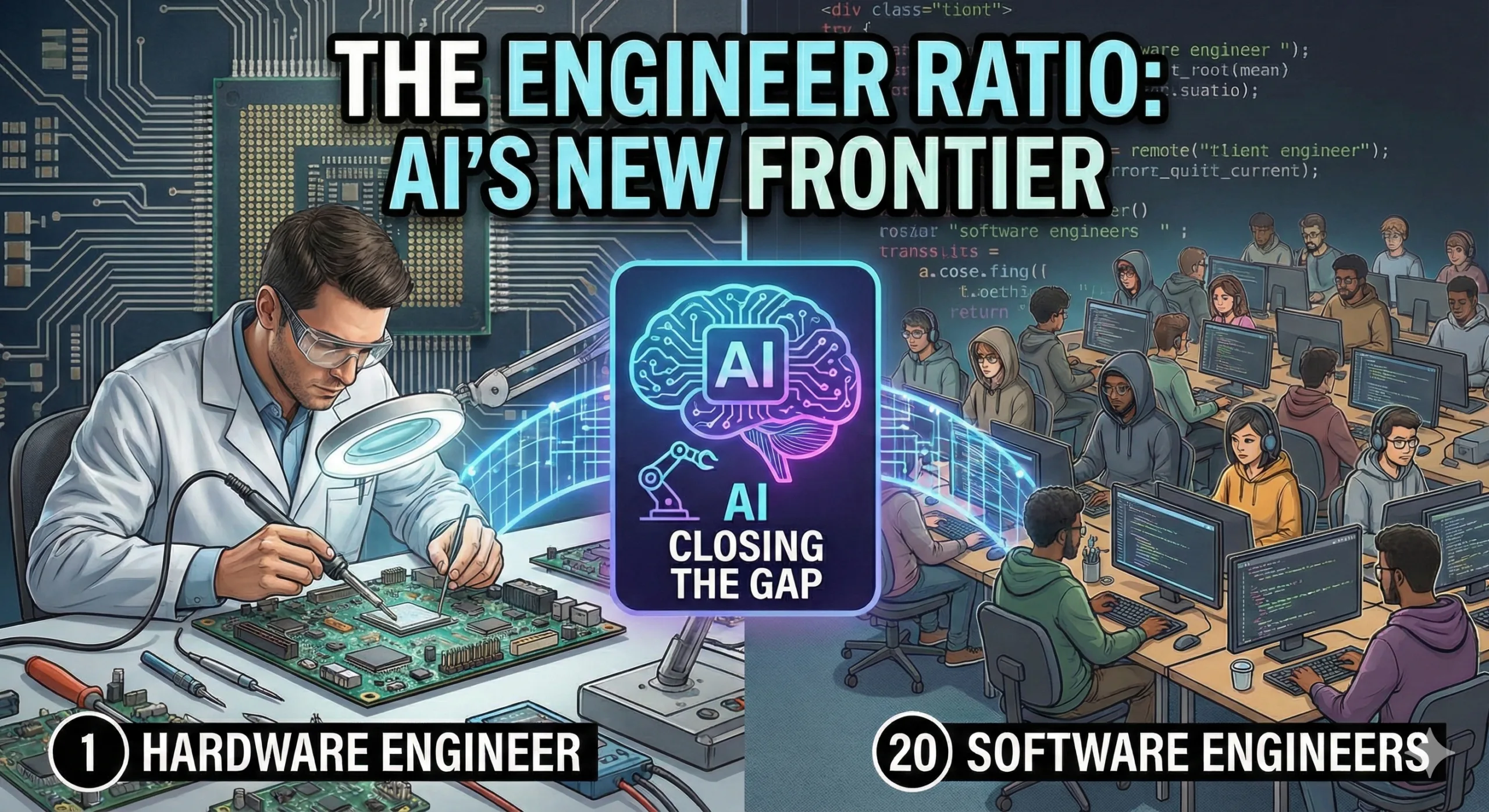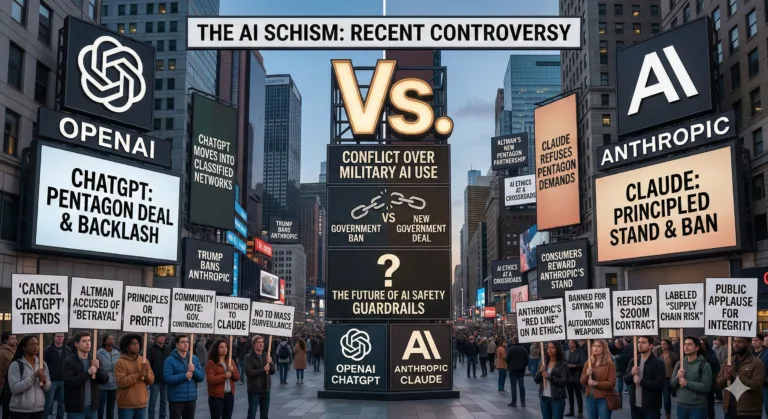Artificial intelligence (AI) is one of the most transformative technologies of our time, with the potential to revolutionize various industries, create new opportunities and enhance human capabilities. However, AI also poses significant challenges and risks, such as ethical, social, legal and security implications. Moreover, AI can also threaten the cultural diversity and identity of different countries, as it can impose dominant values, norms and biases on others. Therefore, it is crucial for every country to have its own AI infrastructure that reflects its values, culture and interests, while ensuring its competitiveness and sovereignty in the global AI landscape.
This is the main message that Nvidia CEO Jensen Huang delivered at the World Government Summit in Dubai . Huang, whose company is the leader in designing and manufacturing graphics processing units (GPUs) that power AI applications, said that his company is “democratizing” access to AI by providing a universal platform that enables anyone to create and deploy AI solutions. He also said that fears about the dangers of AI are overblown, noting that other new technologies and industries such as cars and aviation have been successfully regulated.
Build Sovereign A.I
Huang argued that every country needs to own the production of its own intelligence, which he called “sovereign AI”. He explained that sovereign AI means “codifying your culture, your society’s intelligence, your common sense, your history – you own your own data”. He said that this would allow countries to take advantage of the economic benefits of AI while protecting their own culture and identity. He also said that this would foster innovation and collaboration among countries, as they would be able to share their intelligence with each other.
Huang suggested that the first step for building sovereign AI infrastructure is to create a large language model that captures the essence of a country’s language, data and culture. He said that this would enable natural communication between humans and machines, as well as between machines themselves. He said that Nvidia’s GPUs are the best platform for creating and running such models, as they offer high performance, scalability and compatibility. He also said that Nvidia is working with various partners around the world to support their efforts in developing sovereign AI.
Huang also emphasized the importance of investing in education and talent development for AI specially for sovereign A.I . He said that AI is not a mysterious or difficult technology, but rather a tool that can be used by anyone who can speak a human language. He said that it is not necessary for everyone to learn computer science or programming, but rather to learn how to use AI to solve problems and create value. He said that this would unleash a wave of creativity and innovation that would benefit humanity as a whole
Conclusion:
Huang’s vision of sovereign AI is both inspiring and challenging. It implies that every country has the opportunity and the responsibility to shape its own future with AI, while respecting and collaborating with others. It also implies that every country has to face the trade-offs and dilemmas that come with developing and deploying AI, such as balancing efficiency and fairness, security and privacy, autonomy and accountability. It also implies that every country has to be aware of the cultural risks that AI poses, such as eroding diversity, imposing hegemony or undermining identity. It remains to be seen how different countries will respond to Huang’s call for action, and what kind of AI infrastructure they will build for themselves and for the world.
These are Articles
Finance Hits the Same AI Wall as Insurance—85% Want Agents, Only 25% Can Trust Them
85% of finance firms want agentic AI but only 25% have governance—same trust gap as insurance. Sentient launches Arena to test agent explainability.
OpenAI Claims Better Safety Than Anthropic in Military AI Deal—Then Gets Roasted by Users
OpenAI on X annouced deal with Department of War ,claiming 'more guardrails' than Anthropic in DOD deal. Users on X mock this saying I hope your company goes down the toilet.
AI Assistants Have a Fatal Flaw: They Can’t Tell You Apart From Attackers
AI assistants can't tell user commands from attacker commands. Prompt injection lets hackers access your email, files, and credit cards.
20 Software Engineers for Every 1 Chip Designer—AI Is Trying to Close the Gap
20 software engineers exist for every hardware engineer in the US. AI tools are turning software talent into chip designers—but senior expertise still wins
Discover more from WireUnwired Research
Subscribe to get the latest posts sent to your email.








